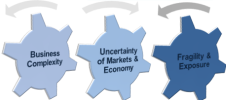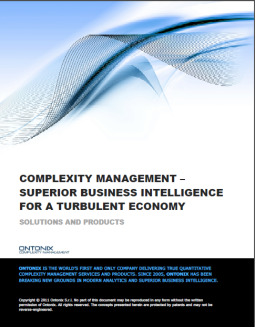Insurance:: “Future risk” and technology [CII report]
Wednesday, 8 August, 2012 Leave a comment
 30 yeas ago (and for much of the intervening period!) I never thought I would utter the words, “what a great report from CII” but there you are, I’ve done it now. I’m the “sad” insurance man I never wanted to be.
30 yeas ago (and for much of the intervening period!) I never thought I would utter the words, “what a great report from CII” but there you are, I’ve done it now. I’m the “sad” insurance man I never wanted to be.
Well, not quite, because I am very much an outsider as far as the insurance industry stands right now. The main reason being that too many people on the inside don’t want to hear, like or understand what I have to say about the massive problems that the industry is adding to day, after day, after…













